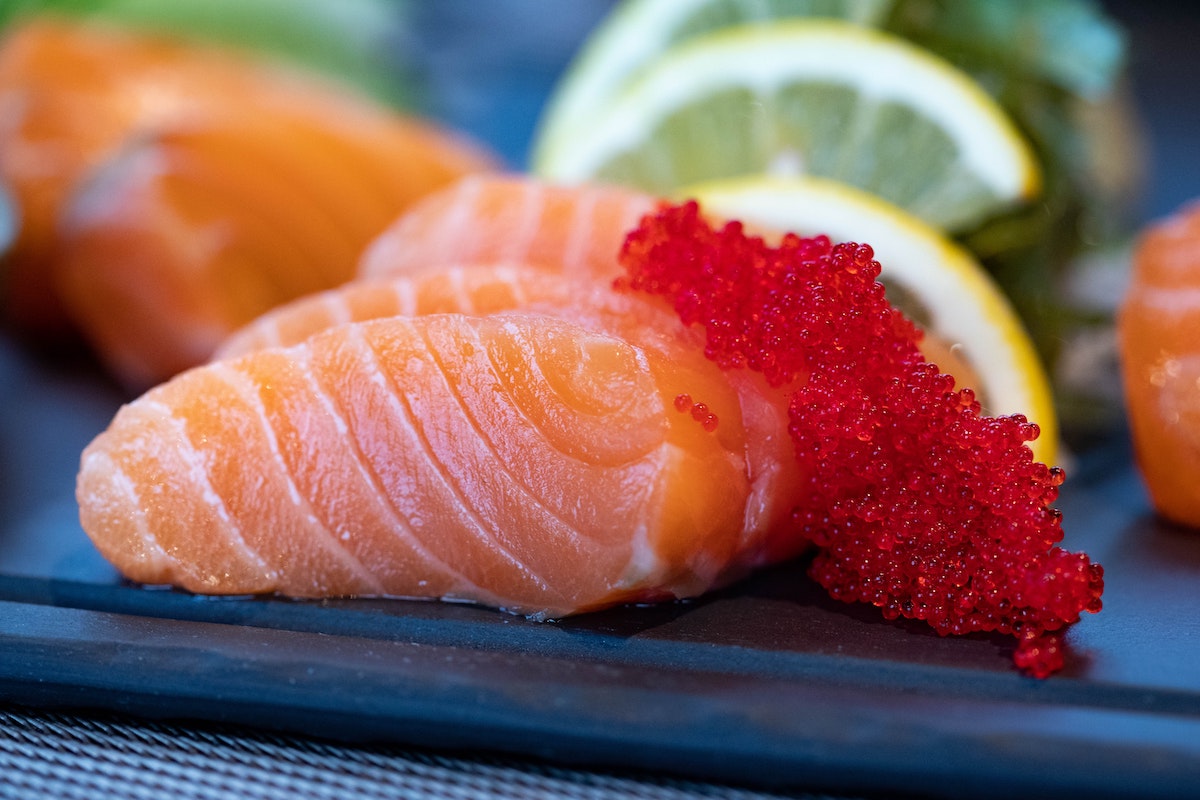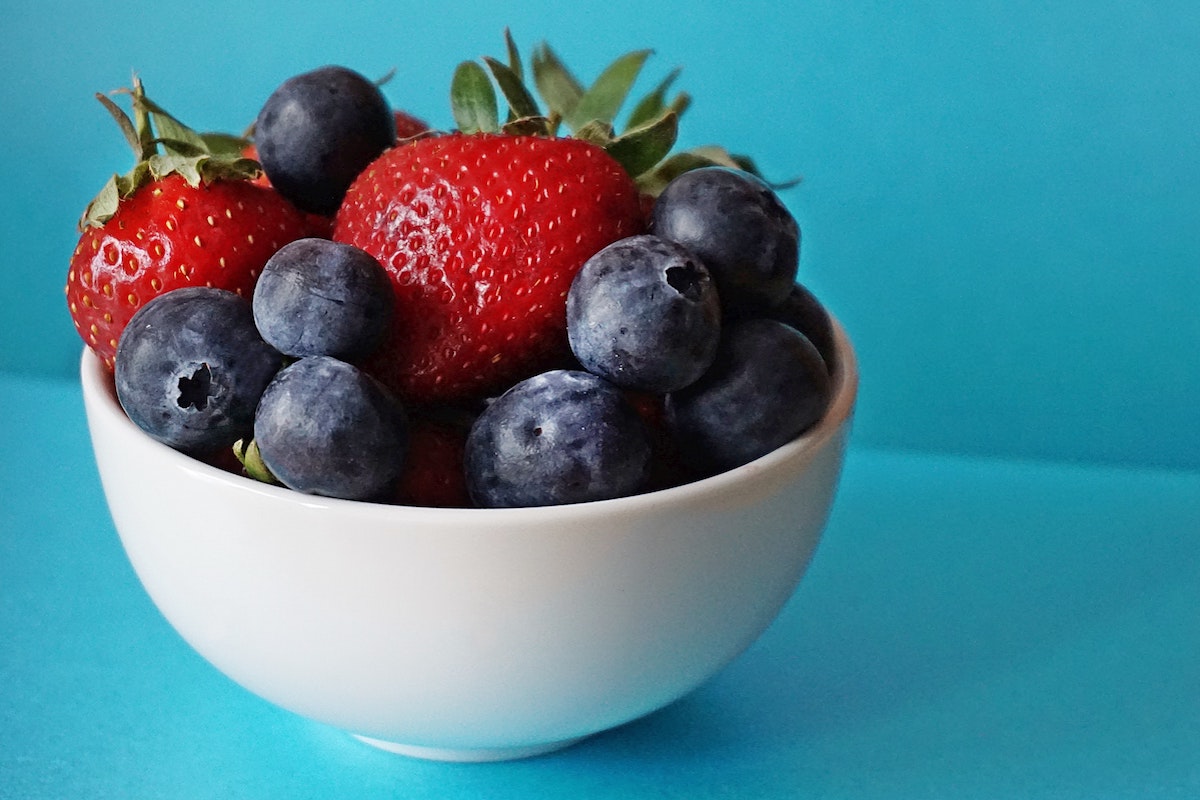
Do you need an anti-inflammatory diet? The question might have you doing a double-take. Inflammation is often referred to as swelling that happens when we bump our heads, and it’s usually treatable with ice and patience. However, inflammation can also occur internally. Internal and external inflammation share similar roots.
“Generally speaking, inflammation is the body’s physiological response to damage, whether damage due to an infection, allergic reaction, trauma, or toxin,” said Maddie Pasquariello, MS, RDN, a registered dietician. “Inflammation can be acute, such as swelling due to a strain or an allergic reaction to a food, or chronic, such as an autoimmune disease.”
Pasquariello said that diet can play a significant role in the development of inflammation or lack thereof.
“Some foods exhibit pro-inflammatory activity, while others are thought to be anti-inflammatory and, as such, can help reduce one’s risk for chronic disease, especially when combined with other healthy lifestyle behaviors,” Pasquariello said.
What foods should you eat? Let’s dig into anti-inflammatory diet plans and why certain foods are just what the dietician ordered.

What are the benefits of reducing inflammation?
Understanding the health impacts of lowering inflammation may motivate you to load up on anti-inflammatory grub. Kelsey Costa, MS, RDN, a nutrition consultant for Consumer Health Digest, explains that inflammation causes risks to the body. “Inflammation caused by diet may manifest through a range of discomforting to severe symptoms,” Costa said.
According to Costa, these symptoms include:
- Chronic fatigue
- Recurring infections
- Joint pain
- Skin issues
- Sleep disturbances
- Digestive disorders
- Mental health issues like anxiety and depression
- Eventually, chronic disease
By modifying your diet to reduce inflammation risks, you may also prevent some of these uncomfortable and troubling symptoms.

What is an anti-inflammatory diet?
There’s no hard and fast definition, but experts can offer a general explanation.
“Adopting a sort of anti-inflammatory diet generally is plant-forward and full of antioxidants,” said Vanessa Rissetto, a registered dietitian and CEO of Culina Health. “Antioxidants should help to reduce the risk of proliferation of free radicals, which can cause damage.”
Risetto, Pasquariello, and Costa shared the best anti-inflammatory diet foods and drinks (and how to enjoy them). They also dished on a few items to avoid (or at least minimize).
Green tea
Consider swapping your morning cup of Joe for green tea.
“The main component of green tea, epigallocatechin-3-gallate (EGCG), is anti-inflammatory and helps prevent cellular damage by curtailing the action of inflammatory cytokines,” Pasquariello said. She loves consuming green tea in a matcha latte.
Berries
Costa explained that strawberries, blueberries, and raspberries are on the table as part of an anti-inflammatory diet.
“Berries, including strawberries, blueberries, and raspberries, are rich in antioxidants called anthocyanins that have been found to reduce inflammation and protect against chronic diseases like heart disease,” Costa said. “One easy way to enjoy berries is adding them to your morning smoothie or muesli bowl.” Rissetto has another dessert-ready suggestion.
“I like to melt dark chocolate chips and add a cup of raspberries,” Rissetto said. “It feels like a super decadent dessert, but I’m getting all the benefits of the berries.”
Cruciferous vegetables
Brussels sprouts, cauliflower, cabbage, bok choi, kale, and broccoli fit this bill.
“Cruciferous vegetables are thought to be anti-inflammatory thanks to the presence of antioxidants, which help reduce oxidative stress, and phytochemicals like glucosinolates,” Pasquariello said. “They’re also a good source of fiber and other micronutrients like potassium, magnesium, and iron.” There are many ways to enjoy these veggies — grilled, roasted, in stir-fried, or in salads. Cruciferous vegetables allow you to flex your creativity in the kitchen (or not).
“I roast broccoli with a little olive oil,” said Rissetto. “When done, I add freshly shaved Parmesan, lemon juice, and crushed red pepper flakes.”
Legumes
This plant-based protein includes kidney beans and chickpeas.
“Legumes offer a variety of anti-inflammatory benefits thanks to compounds like polyphenols and saponins, as well as peptides and lectins,” Pasquariello said. “They’re great enjoyed on their own, toasted in the oven like roasted chickpeas and as part of soups and stews, bean burgers, and chili.”
Salmon
Fat is essential to an anti-inflammatory diet, but the type matters.
“Fatty fish like salmon are an excellent source of omega-3 fatty acids, which have been shown to reduce inflammation in the body,” Costa said. “Baking salmon and serving it with a side of roasted vegetables is a delicious way to enjoy this anti-inflammatory food.”
Tomatoes
Tomatoes contain lycopene, a compound that might lower cancer risk.
“I like to toss tomatoes in a little olive oil and red wine vinegar and roast them,” Risetto said.
Olive oil
Another option on the anti-inflammatory diet menu for its fat content. “The phenolic compounds of olive oil are thought to be anti-inflammatory due to their mitigation of the effects of free radicals, which can cause significant inflammation in the body,” Pasquariello said. “
Pasquariello suggests swapping butter, margarine or salad dressings for olive oil when cooking, baking, or salad-making.
3 foods to avoid when trying to reduce inflammation
Experts share that no food is entirely off the menu when trying to reduce inflammation. However, three are common culprits of increasing inflammation. Consuming them in moderation can help keep risks at bay.
-
Red meat: Pasquariello said the saturated fat, animal protein, and potentially heme iron in red meat is thought to increase inflammation. “If you regularly eat red meat, you can limit your consumption and portion size, treating it as a condiment rather than the hero of your plate when you do enjoy it,” she suggested.
- Processed and refined carbohydrates. Costa suggested limiting foods like white bread and pasta. “They can cause a spike in blood sugar levels, leading to increased inflammation in the body,” Costa said. “These foods are also low in nutrients and can contribute to weight gain, which is a risk factor for inflammation.”
- Sugar-sweetened beverages. Limit intake of soda and other sugar-sweetened drinks. “Sugar consumption is linked to increases in markers of bodily inflammation, and sugar-sweetened beverages (SSBs) are of particular concern,” Pasquariello said. “It’s much easier to consume sugar quickly in this format, but these beverages don’t necessarily satiate you, making you crave and consume more of them.” She recommended water flavored with herbs or fruit instead.
If you’re concerned about your diet and how it may be increasing inflammation, a registered dietician can help.
Editors' Recommendations
- Sea moss: the superfood you shouldn’t miss out on
- Going running? This is what (and when) to eat before you go
- Beware the keto flu: What it is and how to keep it from ruining your keto diet
- Eggnog, sangria, and more: How to lower the calorie content of your favorite Christmas cocktails
- Everything you ever wanted to know about the BRAT diet




